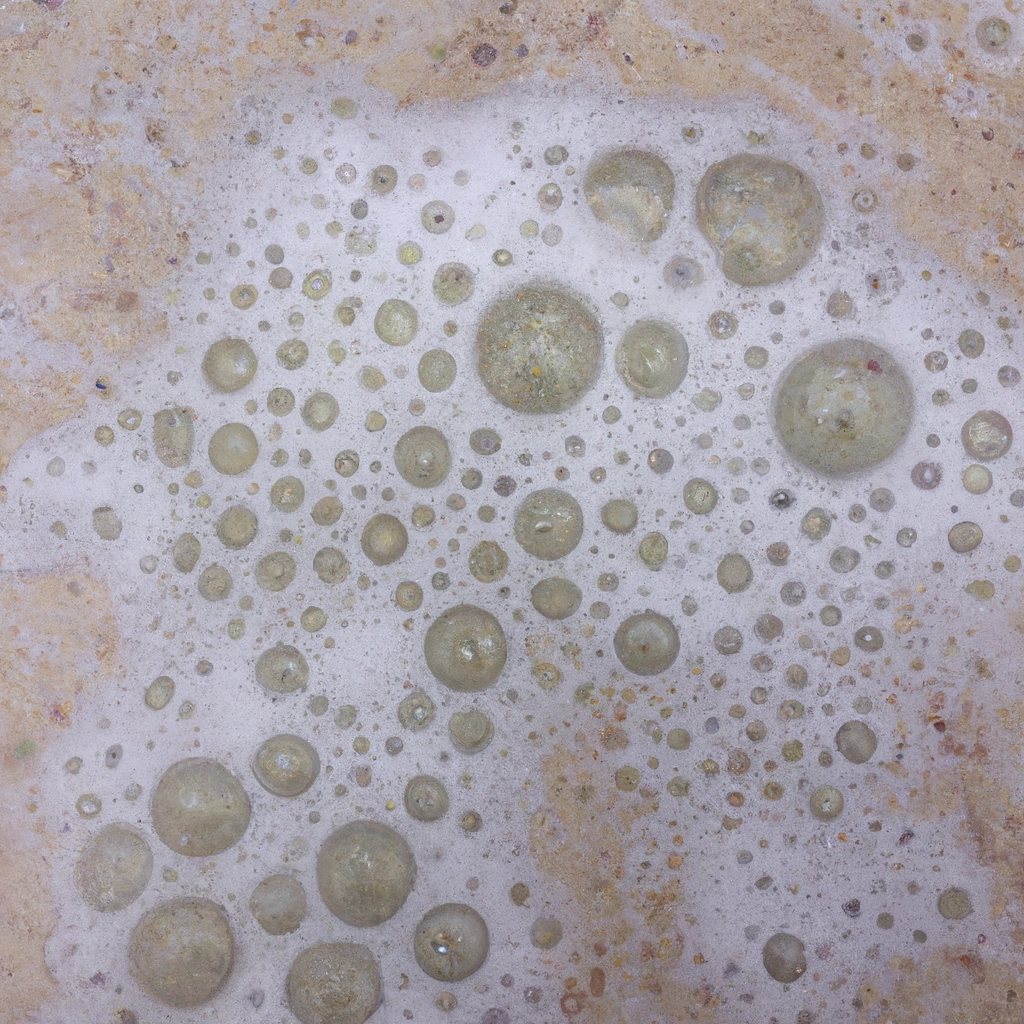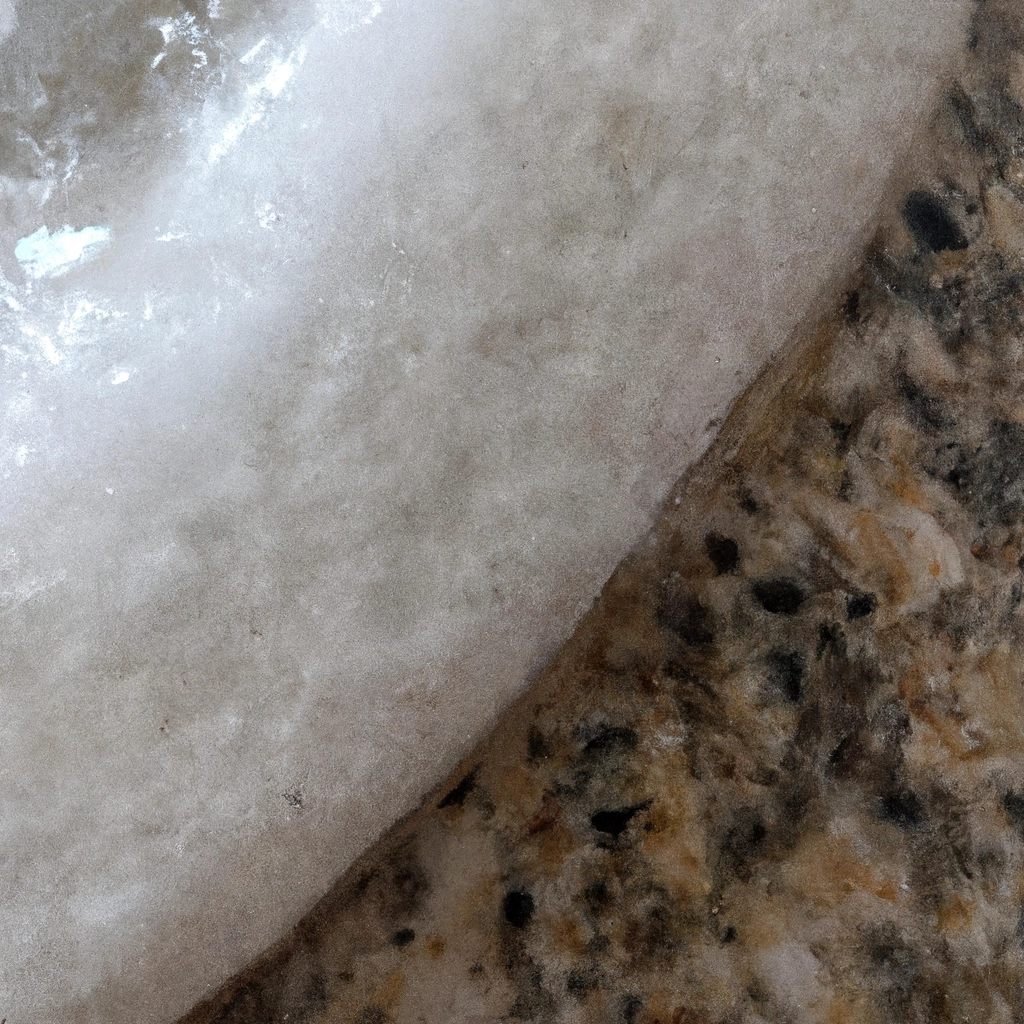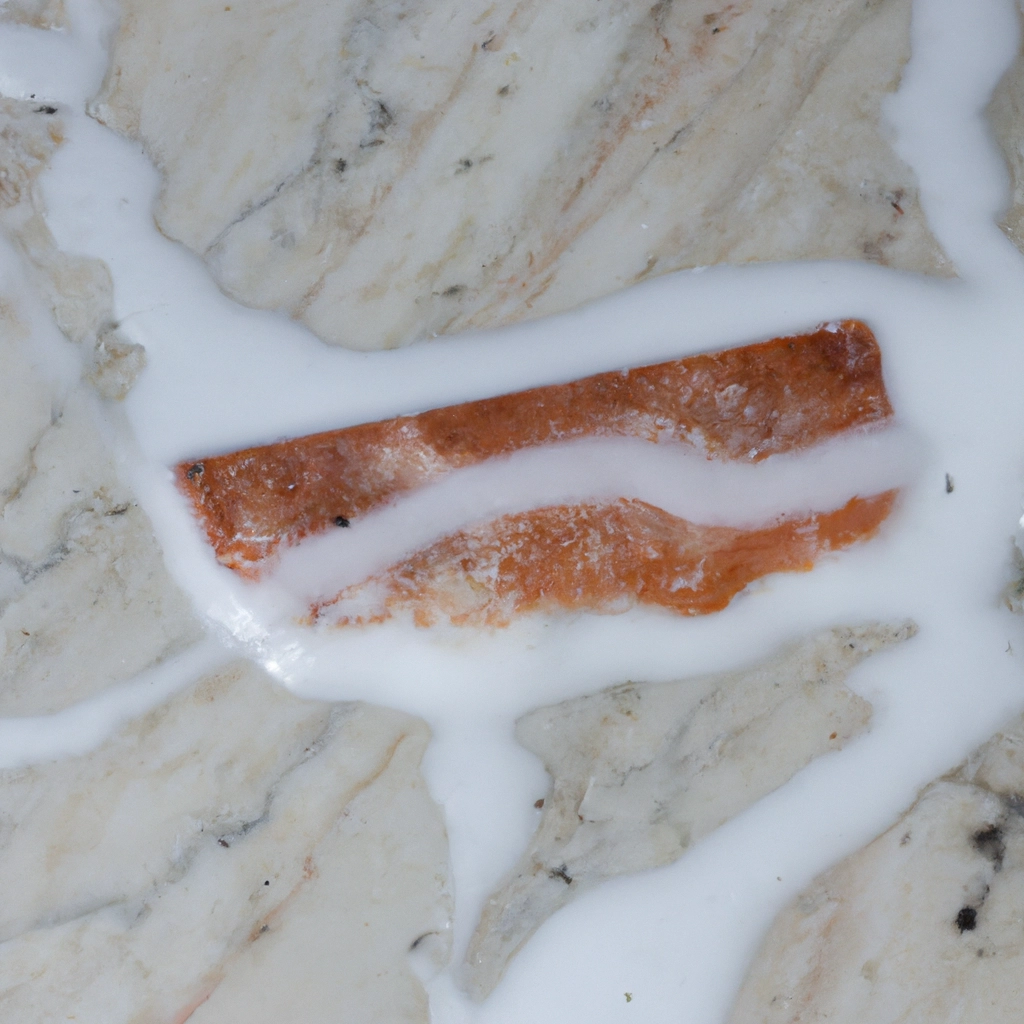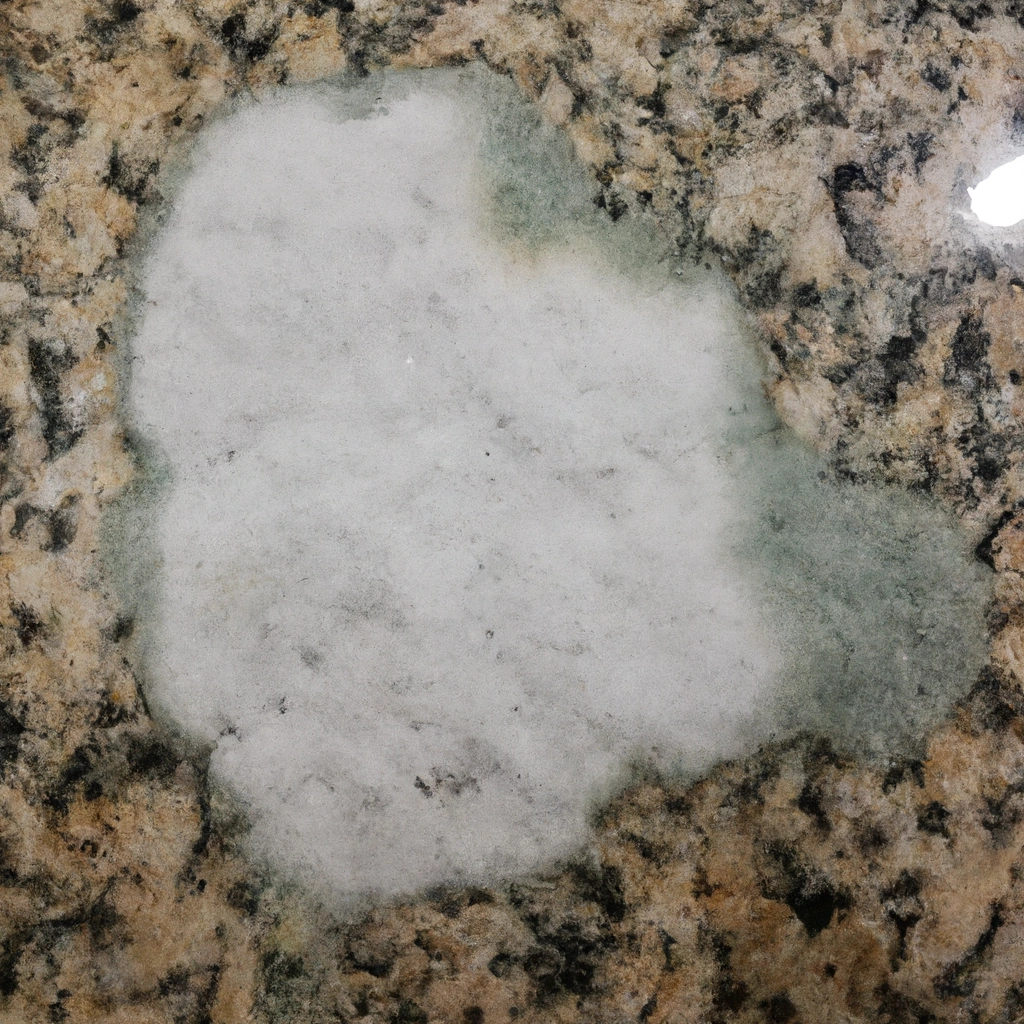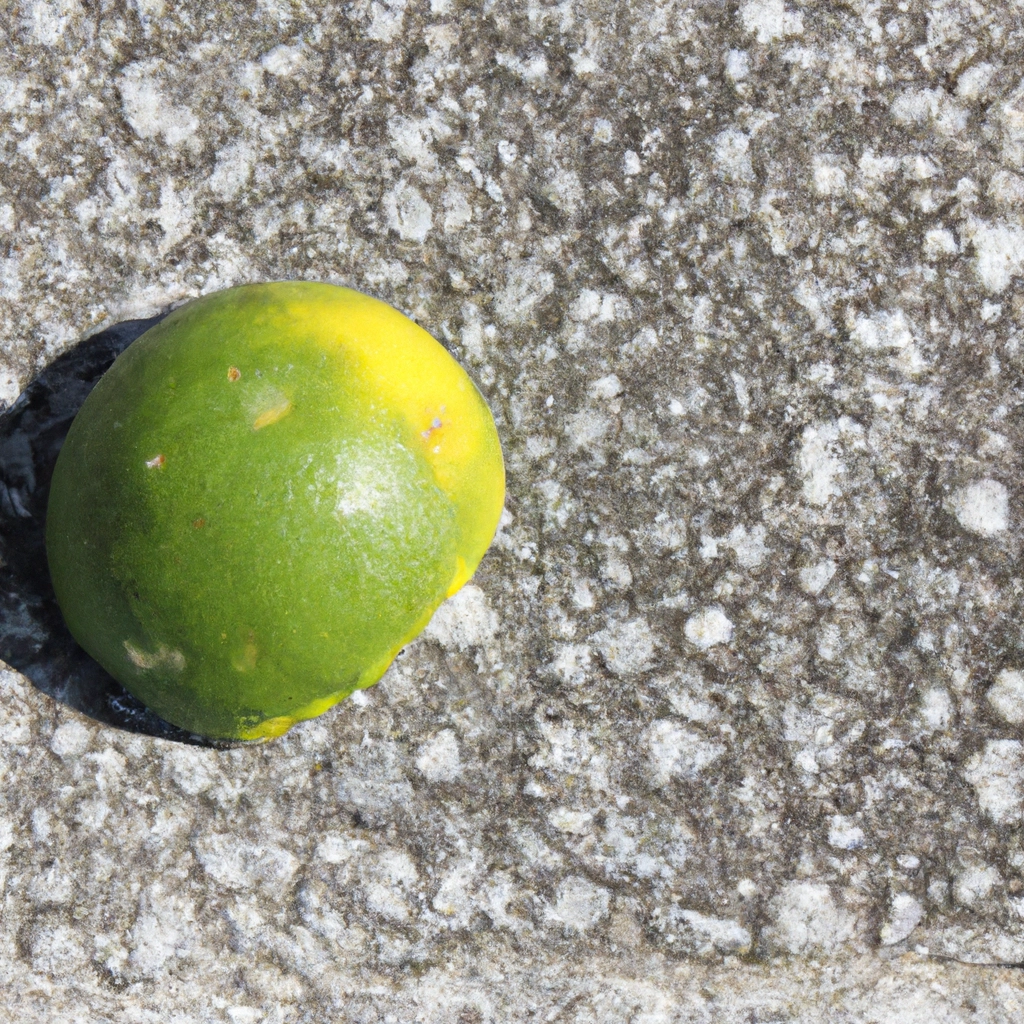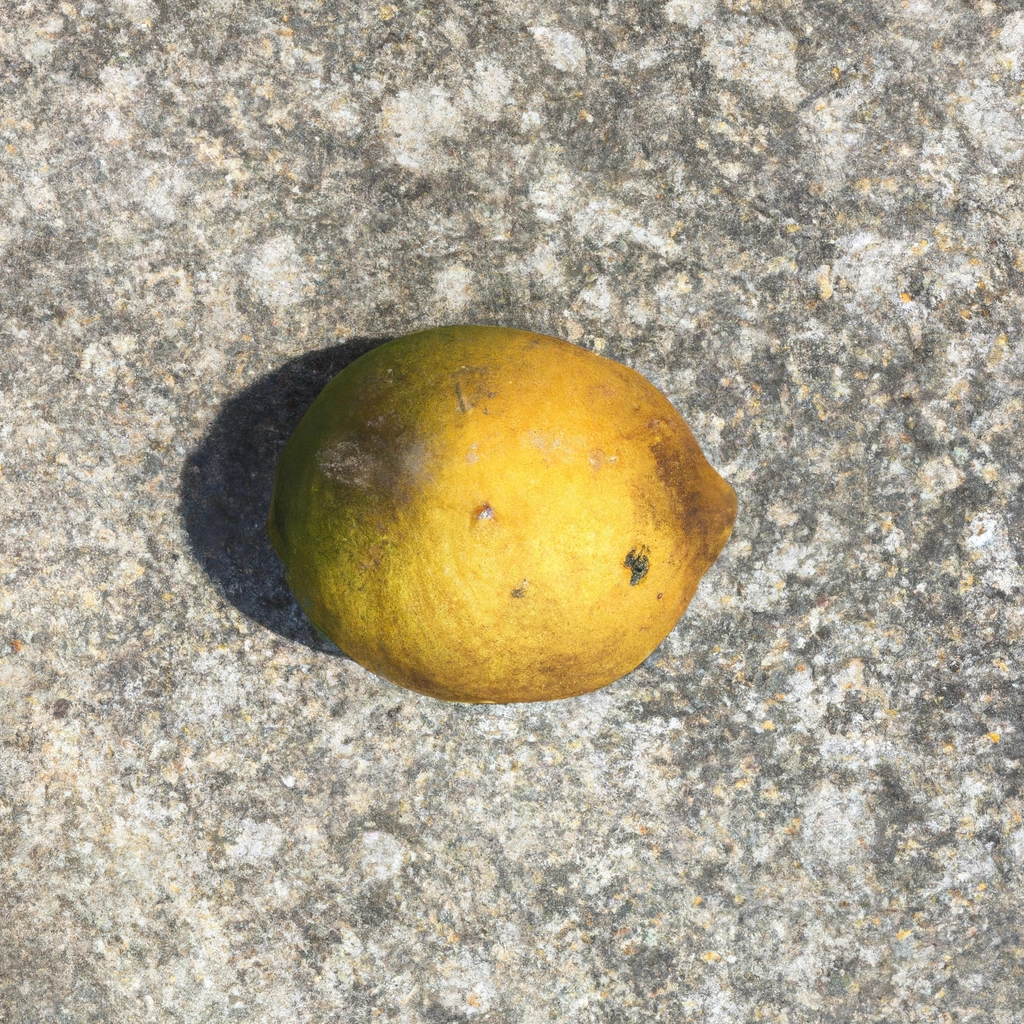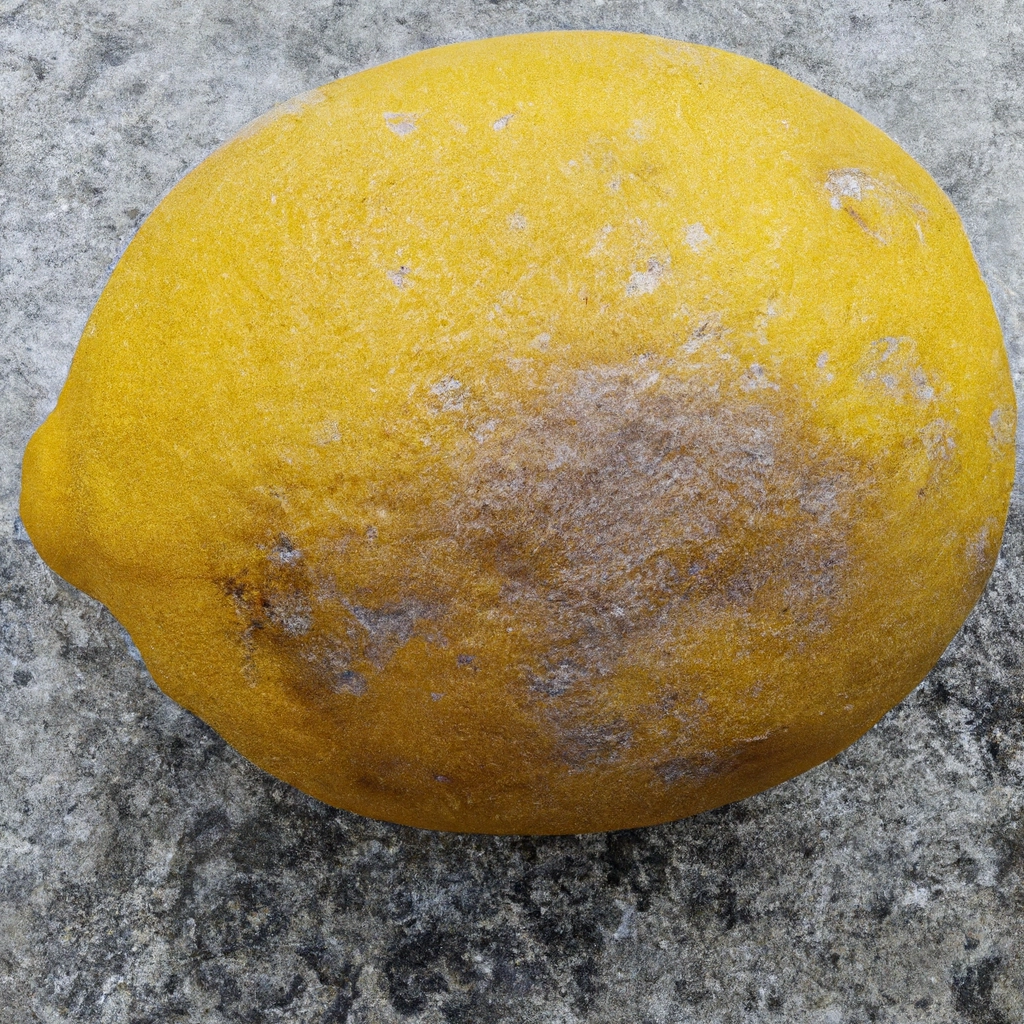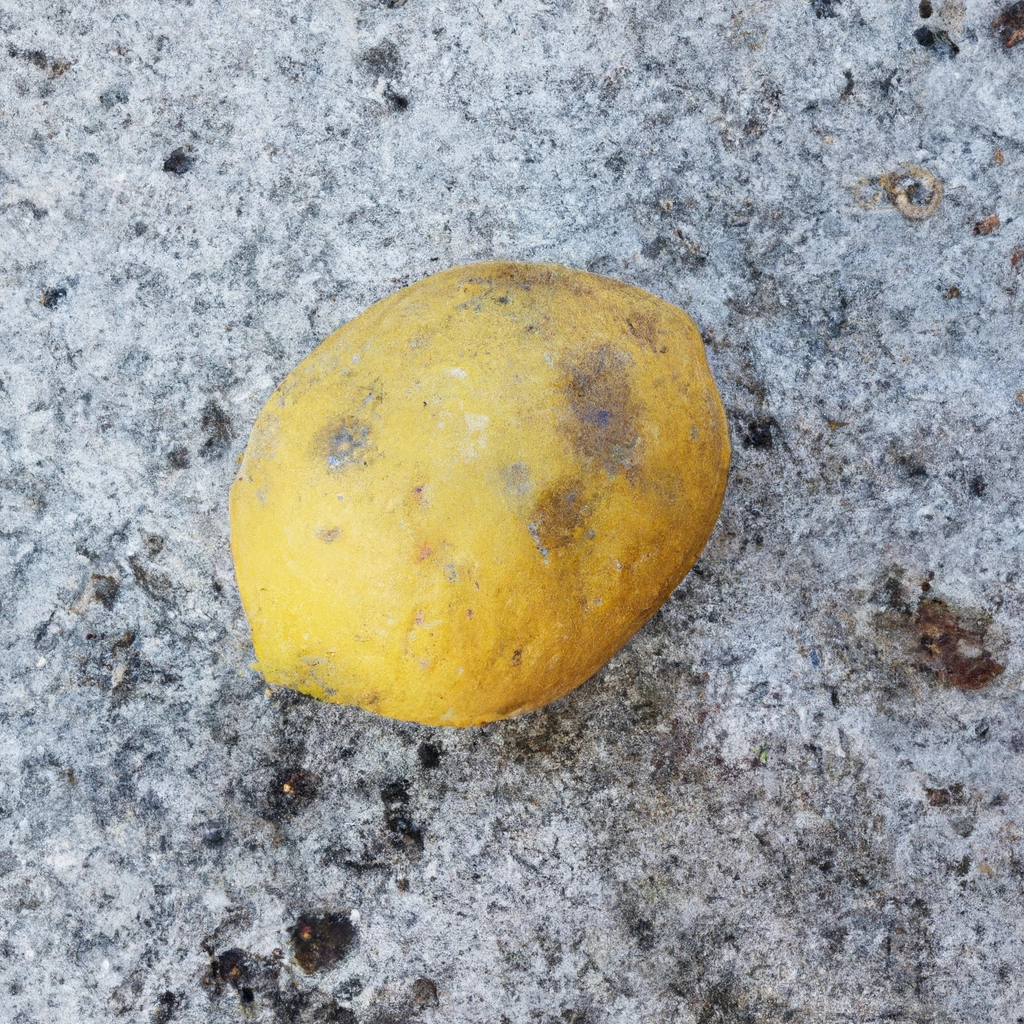Welcome to the world of granite countertops! As a self-admitted home enthusiast, I have always been mesmerized by the elegance that a sleek granite countertop brings to a kitchen. It’s an undeniable statement of style. Along with many homeowners, I’ve embraced granite’s luxury, but I’ve also faced a common predicament: figuring out the best way to keep it pristine. Scrubbing mishaps and the use of potentially harmful cleaning agents have led to a rising wave of concern. Is our trusty dish soap friend or foe to our beloved granite surfaces? Let’s explore!
Now, the burning question isn’t just idle curiosity. It’s a matter of preserving the heart of our homes—the kitchen. And let me tell you, granite isn’t just any old rock; it has feelings… okay, not really, but it does have specific needs. That’s why I’m dedicating this piece to dig deep into the relationship between dish soap and granite, and guide you through keeping your countertops spotless without causing any harm.
Stick with me, and by the end of this article, you’ll be equipped with the knowledge to clean your granite surfaces safely and keep them shining for years to come. It’s not just about maintaining a house; it’s about cherishing a home.
Understanding Granite
Let’s get up close and personal with granite. It’s a hard, granular, crystalline igneous rock composed of quartz, mica, feldspar, and dreams of interior designers. This natural stone is beloved not only for its beauty but also its rugged durability. One moment it’s basking in the glow of the earth’s fiery belly, the next it’s the centerpiece of your culinary laboratory. Talk about a glow up!
Granite’s popularity lies not only in its aesthetic appeal but also in its resistance to scratching and heat. It can take a hot pot like a champion, which is a big win in the kitchen. But here’s the kicker: despite its toughness, granite has a soft side when it comes to certain cleaners. Harsh chemicals can make it lose its luster and who wants a dull countertop?
Being sensitive to acidic and abrasive cleaners means we need to tread carefully. The wrong move could lead to etching or loss of that glossy finish that makes granite so attractive. So, before you go waging chemical warfare on your countertops, let’s take a moment to understand the safest clean-up crew for the job.
Dish Soap and Granite
I’ll never forget my first spill on my brand-new granite countertops. As I reached for the dish soap, I hesitated—is this a romance or the start of a soap opera tragedy? Personal experiences aside, using dish soap on granite can be a bit of a gray area. It’s a cleaning staple in most households, but is it suitable for granite?
Here’s where the science comes in. My deep dive into research opened my eyes: consistent use of dish soap won’t etch granite like harsher cleaners can, but it might leave a soapy film over time. That means cloudiness and streaks interrupting your countertop’s glossy magazine-ready appearance.
The risks? Dish soap isn’t inherently destructive, but it’s not the optimal cleaner for granite surfaces either. Its usage can result in a lackluster sheen, eventually making your countertops look tired and worn. I cringed at that thought, so I went on a mission to find better ways to maintain that new-kitchen sparkle.
Alternative Cleaning Methods
After saying ‘no more!’ to soapy residues, I embarked on a journey to discover the Holy Grail of granite cleaners. Nature blessed us with granite; it’s only fitting to turn to natural cleaning solutions that are kind to your countertops. A simple blend of water and rubbing alcohol with a dash of essential oils can be a game-changer. Not only does it clean, but your kitchen will also smell like a dream.
If mixing potions isn’t your thing, there are products designed specifically for granite care. They’re formulated to tackle messes without being too abrasive. I’ve tried a few, like the one you can find on our recommendations for granite-friendly cleaning products, and let me tell you, they can be just as convenient as dish soap without the side effects.
In my cleaning escapades, I’ve found that microfiber cloths and these specialized cleaners are a dynamic duo. They work together to pick up dirt and grease without scratching the surface. In my home, happy countertops mean a happy chef!
Conclusion
So, what’s the verdict? Can your everyday dish soap take a toll on your granite countertops? While it may not cause immediate damage, it’s certainly not the best long-term dating partner for granite. It can create a film that robs your countertops of their sparkle, which is a big no-no in the world of kitchen glamour.
Through my experience and research, I’ve found that sticking to cleaners intended for granite, combined with a tender loving touch, is your best bet for keeping them in tip-top shape. It’s all about nurturing and protecting your investment.
Let this be an encouragement to all my fellow home lovers to choose the safest cleaning practices for your granite surfaces. A little extra care goes a long way in preserving the beauty and value of your home. Here’s to clean, sparkling countertops that stand the test of time!
Frequently Asked Question
-
What are the recommended cleaning products for granite to prevent any potential damage from dish soap?
It is recommended to use a pH-balanced, non-abrasive, and non-acidic cleaner specifically designed for granite surfaces. Avoid using harsh cleaners or dish soap that can leave a residue and potentially cause damage to the granite. Instead, opt for a granite cleaner that is gentle yet effective in removing dirt and grime without harming the stone. Additionally, consider using a soft microfiber cloth or sponge to gently clean the granite surface and avoid scratching or dulling the finish. By using the right cleaning products and tools, you can help maintain the beauty and longevity of your granite countertops or surfaces.
